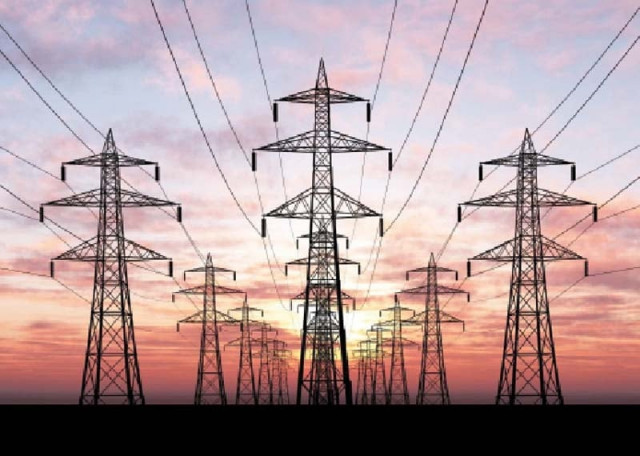Govt to kickstart privatisation of DISCOs by April 2025
PIA to be privatised by October 1, Senate body informed

Energy Minister Awais Ahmad Leghari has announced that the privatisation of the power distribution companies is slated to begin by April 2025. This initiative aims to enhance operational efficiency, cut financial losses, and attract private investment into the energy sector.
According to Radio Pakistan, Leghari stated that the government, in collaboration with the privatisation commission, will advance the privatisation process by April 2025.
The first round of power distribution companies will issue calls for expressions of interest in that month, with final transactions anticipated to be concluded within three to six months thereafter.
The privatisation plans include the electricity distribution companies in Islamabad, Gujranwala, Faisalabad, Lahore, and Multan.
The power distribution network is overseen by 10 different companies responsible for delivering electricity to consumers.
Pakistan faces a multitude of energy-related challenges, including frequent power outages, significant transmission losses, reliance on imported fuels, a limited share of renewable energy sources, and a substantial circular debt—a cycle of unpaid government subsidies that accumulates as debt for distribution companies.
In response, the current administration is focusing on modernising the electrical grid and pursuing privatisation of the distribution sector as a part of broader efforts to resolve these issues.
Privatising loss-making state-owned enterprises (SOEs) has been a long-standing recommendation from the International Monetary Fund (IMF). With Pakistan grappling with a severe fiscal deficit and a substantial external financing gap, a $7 billion bailout deal was reached with the IMF in July, though it still requires approval from the lender’s executive board.
The IMF noted that Pakistan’s SOEs hold significant assets—about 44 per cent of the GDP in 2019—compared to most Middle Eastern countries. However, the proportion of employment they contribute to the economy is relatively low, with nearly half of these enterprises operating at a loss as of 2019.
Meanwhile, the process of privatising Pakistan International Airlines (PIA) is set to wrap up by October 1, according to Usman Akhtar Bajwa, Secretary of the Privatisation Commission. This deadline was discussed during a session of the Senate Standing Committee on Privatisation on Thursday.
In June of the previous year, a deal with the International Monetary Fund (IMF) included a commitment to restructure loss-making state enterprises, including PIA, in exchange for a $3 billion bailout. However, in February 2024, the election commission instructed the interim government to delay finalising the privatization deal ahead of the general elections.
Finance Minister Muhammad Aurangzeb had previously projected that PIA's privatisation would be concluded by late June or early July. During the Senate committee meeting, Chairman Talal Chaudhry questioned why the deadline had been extended and whether it might be pushed beyond October 1.
Bajwa assured that efforts are in place to meet the target, as Prime Minister Shehbaz Sharif has expressed a strong intention to adhere to this timeline. He revealed that six companies are now in contention to acquire PIA. The bidders include Fly Jinnah, Air Blue, Arif Habib Corporation, YB Holdings, Pak Ethanol, and Blue World City.
He further highlighted the airline's dire condition, noting that it is nearly "non-operational" and the successful bidder will face significant financial obligations, including covering a deficit of Rs80 billion in the first year alone.
Additionally, the new owner will need to settle existing liabilities of Rs200 billion and invest Rs400 million in necessary repairs and improvements. Overall, PIA's financial shortfall has ballooned to Rs500 billion.
Privatisation Minister Abdul Aleem Khan had previously criticised PIA as a "white elephant," pointing out that it has already cost the national exchequer Rs830 billion.






1733130350-0/Untitled-design-(76)1733130350-0-208x130.webp)












COMMENTS
Comments are moderated and generally will be posted if they are on-topic and not abusive.
For more information, please see our Comments FAQ